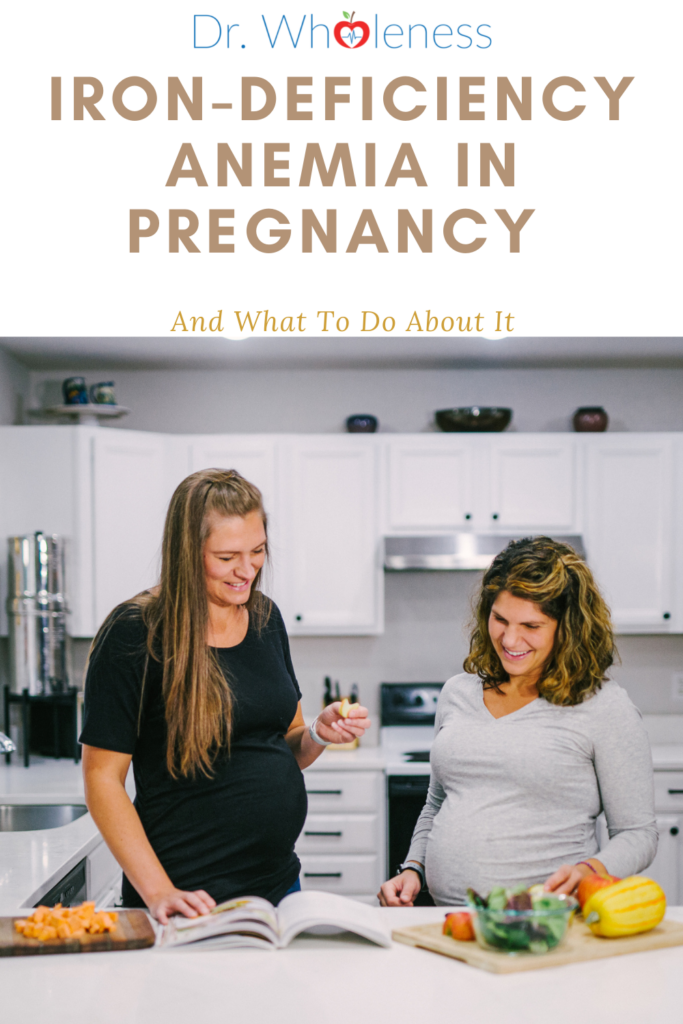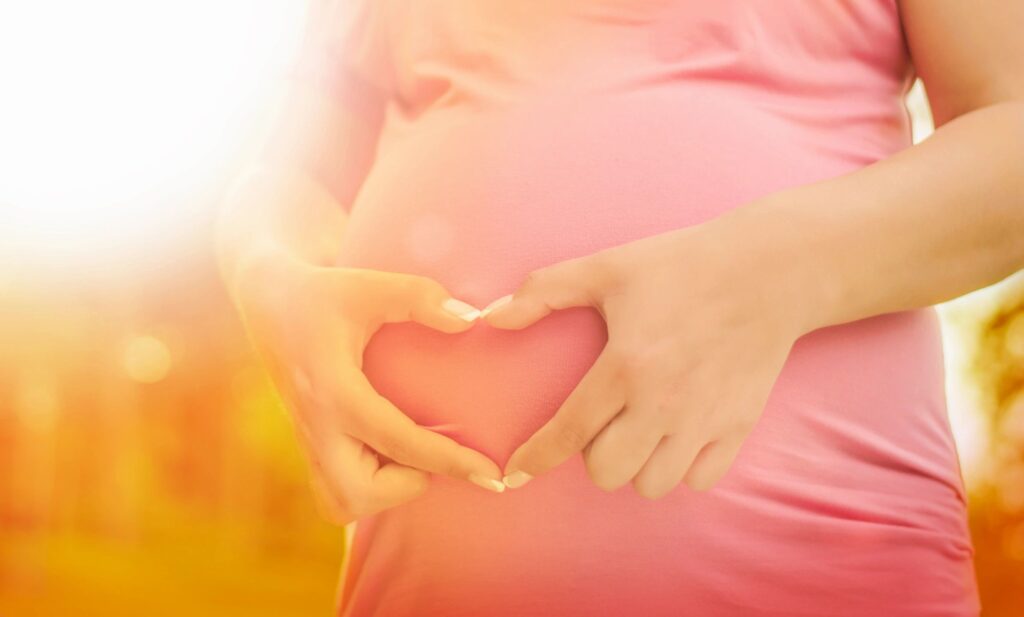With the number of unique dietary strategies and food sensitivities on the rise, maintaining a balanced and robust diet is truly a daunting task for countless pregnant women. This is not accounting for the fact that many women have significant taste, smell, and texture aversions related to food items when pregnant.
All this creates a huge need for a whole food, highly palatable blood-building nutritional support. Iron in a prenatal is not sufficient as calcium in the prenatal will inhibit intestinal absorption of the iron.
They may even take their prescribed iron supplement but feel worse, now they’re nauseous, constipated, and have black stools.
Pregnant women are already under a significant burden given that they are building a human inside of them. It is crucial that they have the resources necessary to develop and carry a healthy baby through gestation.
We want to take every opportunity to help mothers manifest vitality and wellbeing during pregnancy.
1. Consume iron rich foods
Iron is essential for metabolism, growth, optimal cell-to-cell communication, and the creation of hormones and connective tissue. Human life cannot continue without adequate iron, let alone support the development and maturation of a baby in the womb.
The following are excellent sources of iron that you will want to make a regular part of your eating routine.
2. The need for more iron
The reason why iron is a big deal in pregnancy is that the demand for oxygen increases dramatically during pregnancy. Your metabolic rate increases by 15% and the amount of oxygen consumed increases by 20%.
Depending on your iron levels going into pregnancy or when you started taking iron, you may require more to meet the needs of your body.
3. Supplement with the right form of iron
Iron deficiency in pregnancy can be a serious burden on the mother and the baby. When you get your iron results back and are told you are iron deficient most doctors will immediately prescribe Ferrous sulfate 325mg (65mg elemental iron) and have you dose it 2-3x per day.
The problem with ferrous sulfate is that digestive disturbance, nausea, or black stools are almost a guarantee with this form of iron and dosing strategy.
Do you have low ferritin levels? I’d love to hear how you were able to optimize your ferritin levels during pregnancy in the comments below.





Pingback: Holistic Pregnancy : Gurl Gone Green
Hi – I am taking the blood vitality product (2per day) in order to get my ferritin levels up (currently they are at 44). I was wondering if you recommend taking your multivitamin along with the 2 iron supplements daily or if I should take a prenatal vitamin (also do you have recommendations if so).
Thank you!!
The StayWell Multi works great along with Blood Vitality. Just take them at different times.
https://drwholeness.myshopify.com/collections/nutritional-supplements/products/stay-well-multi
Pingback: Healthy Iron Levels For Women – Dr Wholeness